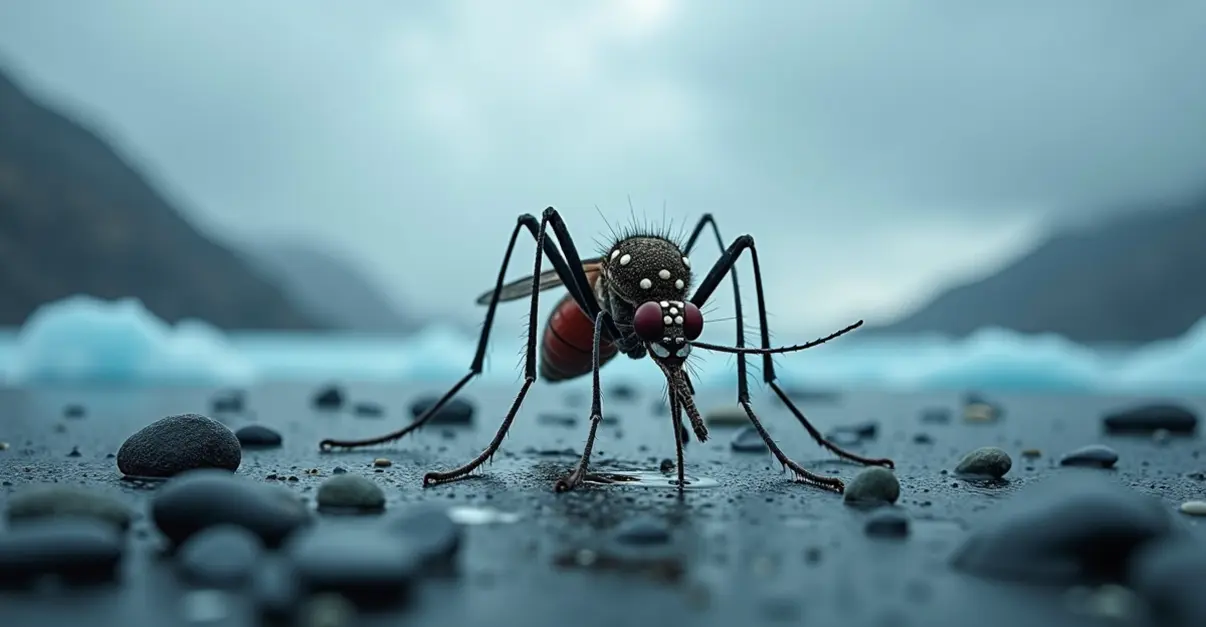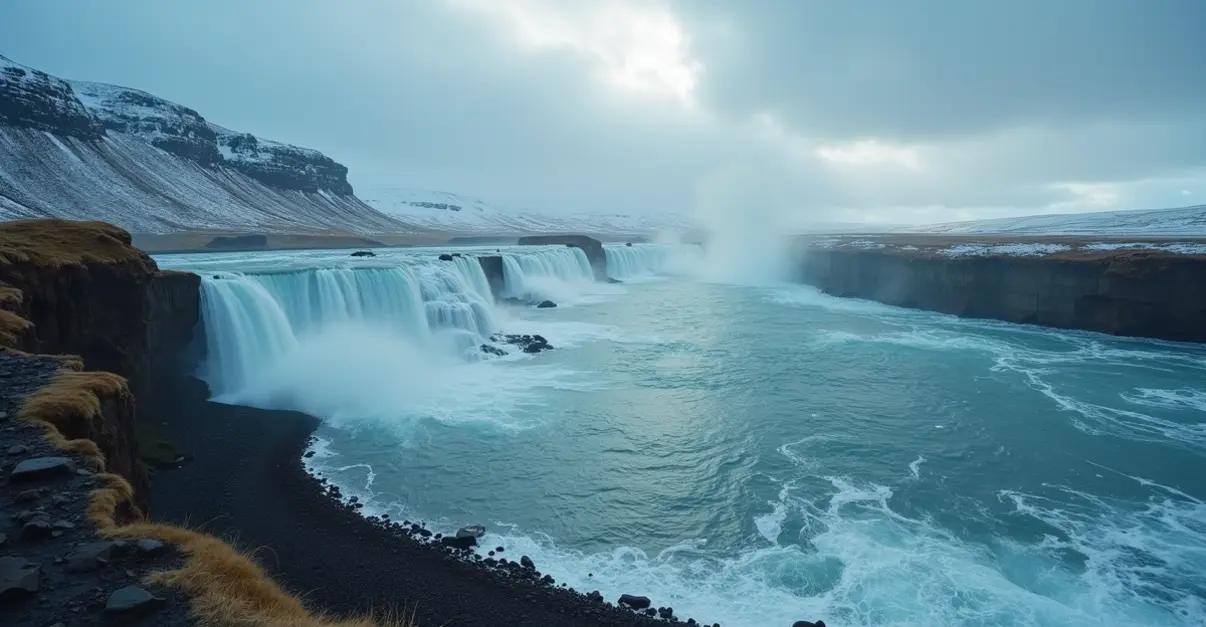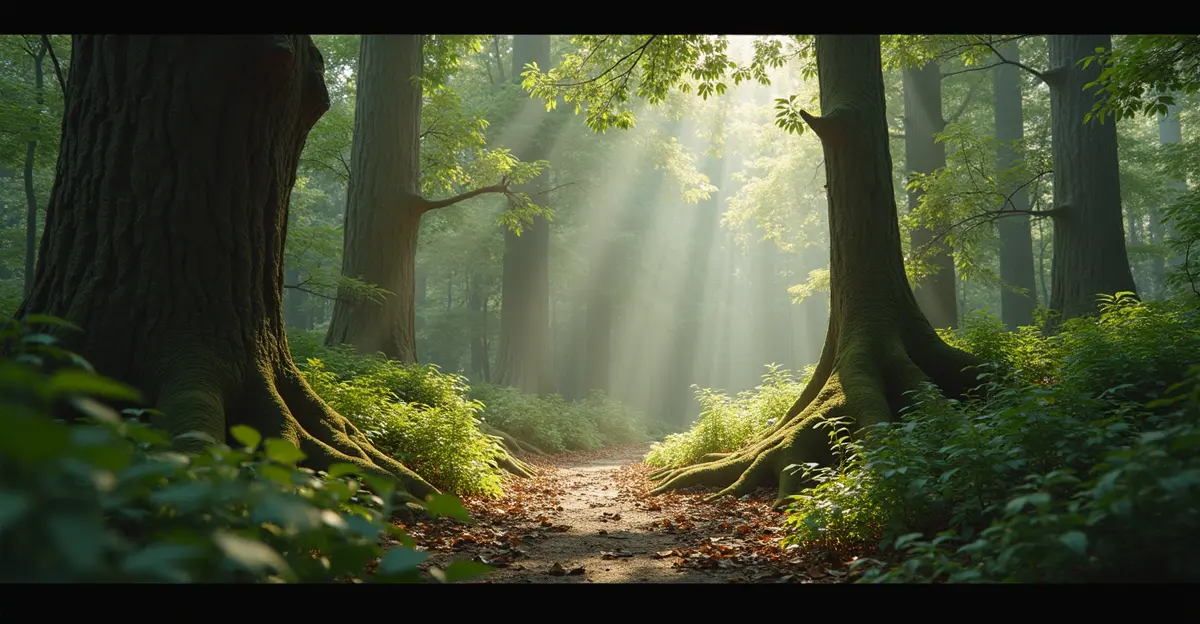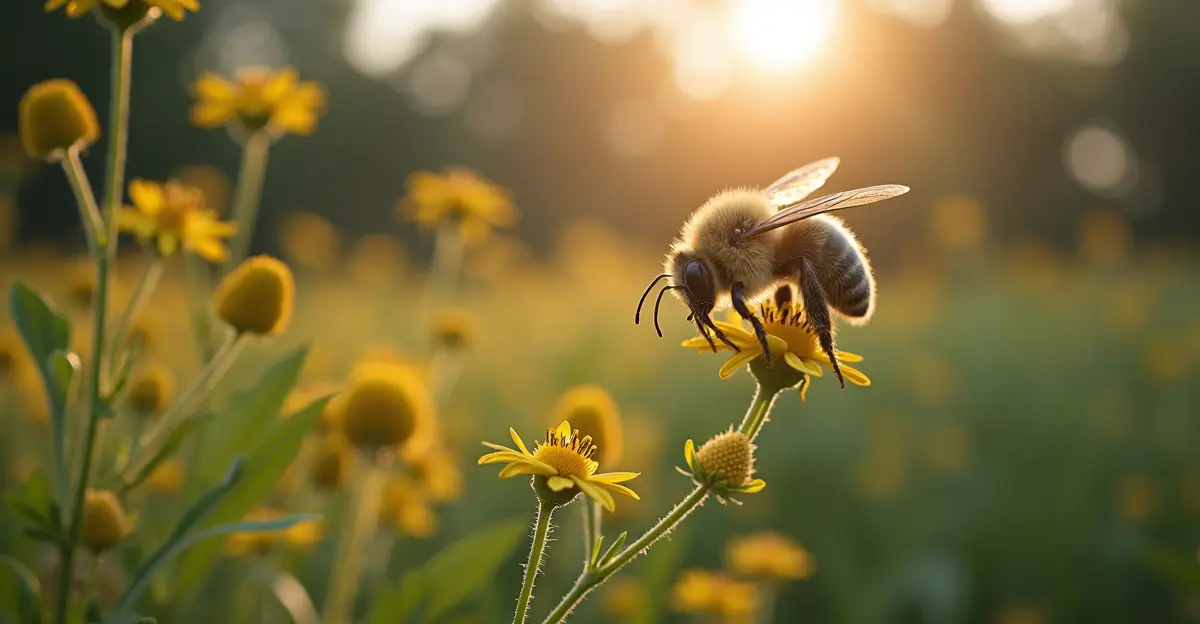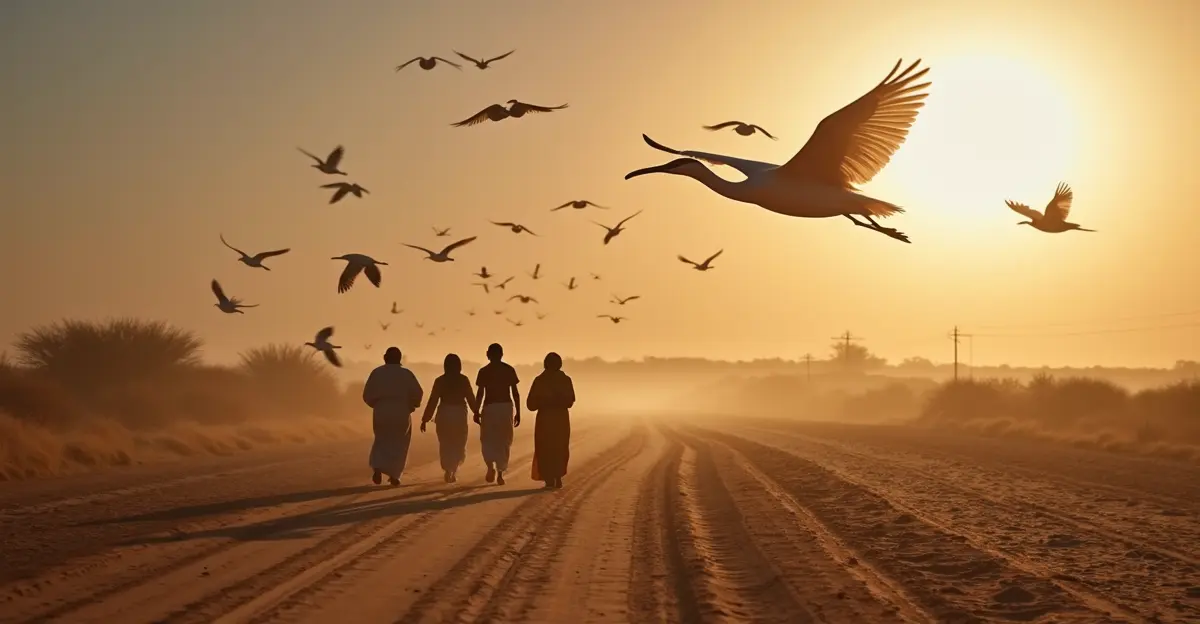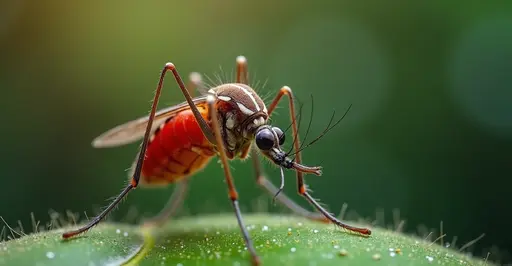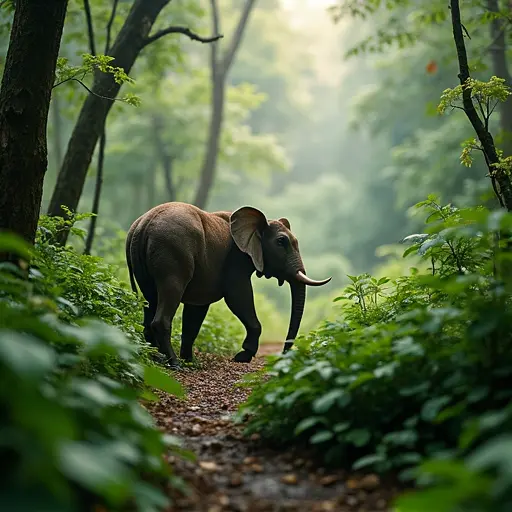Historic Discovery in Iceland's Ecosystem
For the first time in recorded history, mosquitoes have been discovered in Iceland, marking a significant ecological milestone that scientists directly attribute to climate change. The discovery, made in October 2025, involved three specimens of the Culiseta annulata species found in the Kjos region north of Reykjavik. This finding represents a dramatic shift for a country that, along with Antarctica, was previously considered one of the few mosquito-free places on Earth.
The Discovery Details
Amateur naturalist Björn Hjaltason made the initial discovery on October 16, 2025, spotting the insects in the Kiðafell area of Kjós, approximately 30 kilometers north of Iceland's capital. 'It was completely unexpected,' Hjaltason told local media. 'I've been observing insects here for years and never seen anything like this.' The specimens were quickly identified by entomologist Matthías Alfreðsson from the Icelandic Institute of Natural Sciences as Culiseta annulata, a species native to Europe and well-adapted to cold climates.
Laboratory analysis confirmed these were not accidental imports but had developed locally, representing the first documented case of mosquitoes breeding naturally in Iceland's environment. 'Finding three specimens in three days at one location strongly suggests there are more in the area,' explained Alfreðsson. 'This isn't just a stray insect that hitched a ride - this is a breeding population.'
Climate Connection
The discovery comes as Iceland experiences rapid warming, with the country heating up at approximately four times the northern hemisphere average according to climate attribution studies. In May 2025, Iceland recorded unprecedented heat with temperatures reaching 26.6°C at Egilsstaðir Airport, breaking previous records. This warming trend has created conditions that allow cold-adapted mosquito species to complete their life cycles in regions previously too harsh for them.
'Iceland's extreme weather conditions - the cold temperatures, short summers, and sudden frosts - have historically prevented mosquitoes from establishing themselves,' said climate researcher Dr. Elín Jónsdóttir. 'The steady rise in average temperatures and milder seasonal transitions are changing that equation dramatically.'
Species Characteristics
The Culiseta annulata, commonly known as the ringed winter mosquito, is particularly well-suited for Iceland's changing climate. According to Wikipedia, this species overwinters in its adult stage and can survive freezing temperatures by sheltering in caves, basements, and other protected locations. While it does bite humans and animals, it is not known to carry major diseases like malaria or dengue fever.
The species is already common in other northern European countries, including the Netherlands, where it's a familiar presence. 'This mosquito is a cold-weather specialist,' noted entomologist Dr. Maria Valentina Marras. 'Its ability to survive winter as adults makes it particularly well-adapted to establish itself in warming northern regions.'
Broader Implications
This discovery aligns with global patterns of insect expansion into previously inhospitable northern regions. Research from the European Centre for Disease Prevention and Control shows that climate change is driving a dramatic increase in mosquito-borne diseases across Europe, with record outbreaks of West Nile virus, Chikungunya, and dengue fever in 2025.
While the current discovery involves a relatively harmless species, scientists warn that the establishment of any mosquito population could pave the way for more dangerous species. 'This is a canary in the coal mine for Arctic ecosystems,' warned environmental scientist Dr. Kristján Þórðarson. 'As temperatures continue to rise, we're likely to see more species moving northward, with potentially significant consequences for public health and local ecosystems.'
Monitoring and Response
Icelandic authorities are now closely monitoring whether the mosquitoes can survive the coming winter, which will determine if they establish a permanent population. Environmental agencies have set up additional surveillance traps throughout the Kjos region and are working with local residents to identify potential breeding sites.
The discovery has prompted renewed calls for climate action in Iceland, which has ambitious goals to achieve carbon neutrality before 2040. As one government official noted, 'This isn't just about mosquitoes - it's about the fundamental changes happening to our environment. We need to understand these changes and adapt accordingly.'
The appearance of mosquitoes in Iceland serves as a tangible reminder of how climate change is reshaping even the most remote and previously stable ecosystems, with implications that extend far beyond the insect world.

 Nederlands
Nederlands
 English
English
 Deutsch
Deutsch
 Français
Français
 Español
Español
 Português
Português
